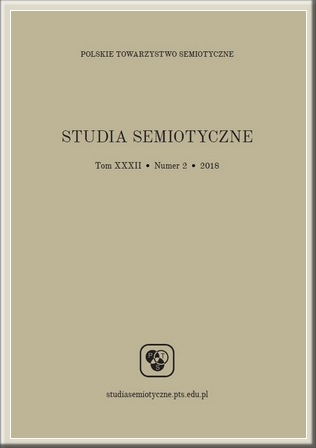Kategoria wyjaśniania a filozofia matematyki Gödla
The Notion of Explanation in Gödel’s Philosophy of Mathematics
Author(s): Krzysztof WójtowiczSubject(s): Language and Literature Studies, History of Philosophy, Philosophical Traditions, Special Branches of Philosophy, Sociology
Published by: Polskie Towarzystwo Semiotyczne
Keywords: mathematical realism; mathematical explanation; incompleteness theorems; mathematical universe;continuum hypothesis;
Summary/Abstract: The article deals with the question of in which sense the notion of explanation (which is rather characteristic of empirical sciences) can be applied to Kurt Gödel’s philosophy of mathematics. Gödel, as a mathematical realist, claims that in mathematics we are dealing with facts that have an objective character (in particular, they are independent of our activities). One of these facts is the solvability of all well-formulated mathematical problems – and this fact requires a clarification. The assumptions on which Gödel’s position is based are: (1) metaphysical realism: there is a mathematical universe, it is objective and independent of us; (2) epistemological optimism: we are equipped with sufficient cognitive power to gain insight into the universe Gödel’s concept of a solution to a mathematical problem is much broader than of a mathematical proof – it is rather about finding reliable axioms that lead to a (formal) solution of the problem. I analyze the problem presented in the article, taking as an example of the continuum hypothesis.
Journal: Studia Semiotyczne
- Issue Year: XXXII/2018
- Issue No: 2
- Page Range: 107-130
- Page Count: 24
- Language: Polish

